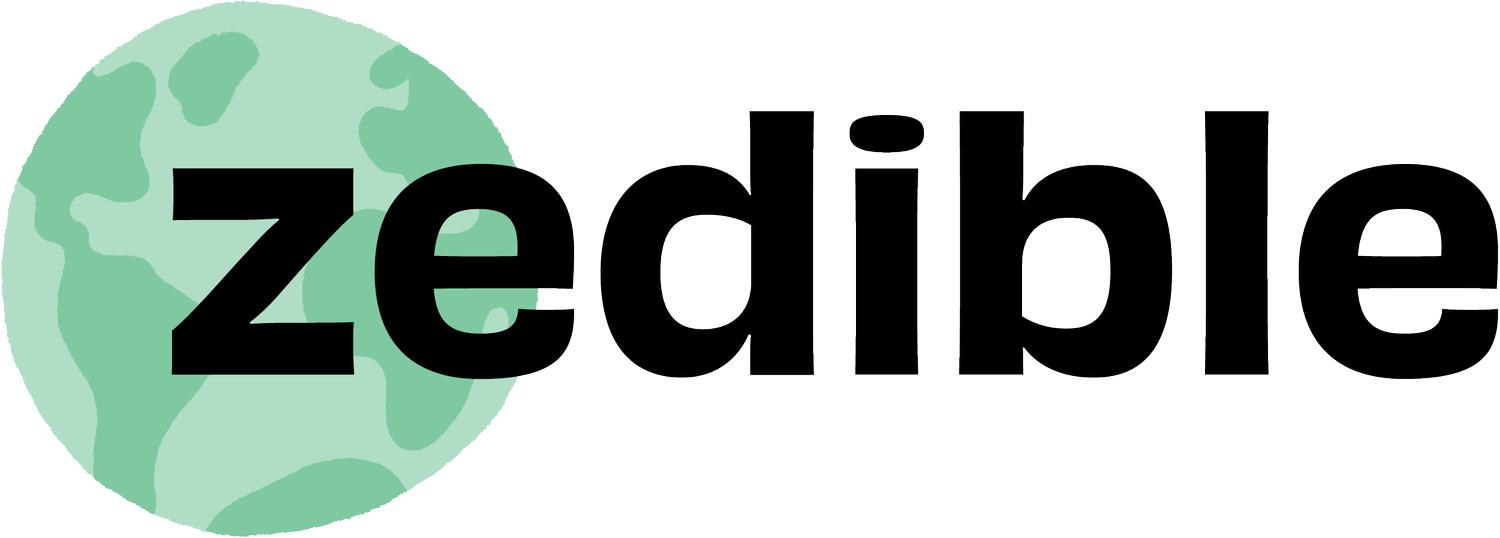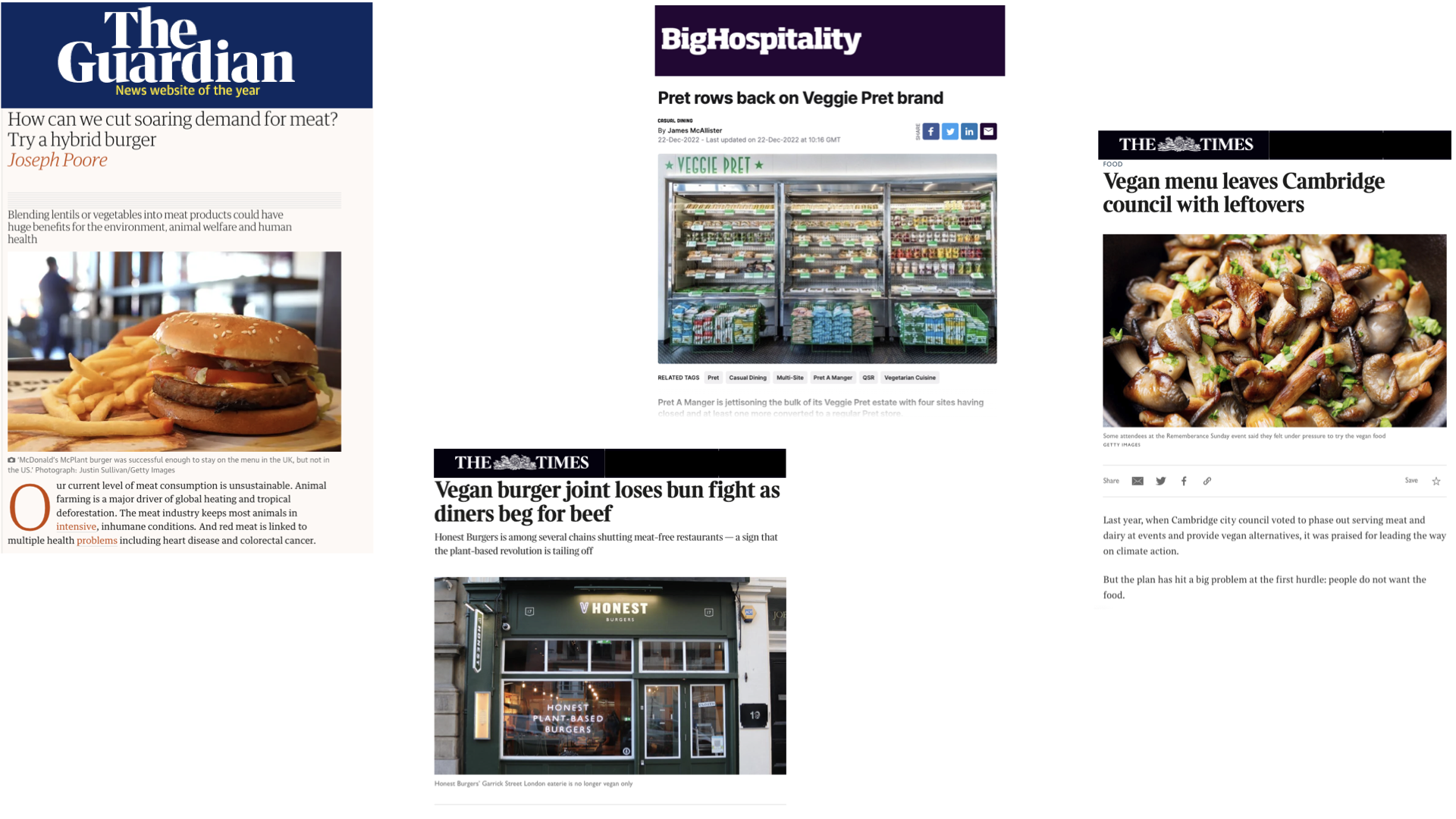Because the world’s not binary….
As in so many walks of life, we think it’s safe to say that we don’t live in a binary world. Although I make this increasingly obvious assertion during LGBT+ History month, a celebration of the kaleidoscope of diversity found in love, life and everything in between, we can also see that outdated, restrictive and ultimately damaging binary lenses can severely hamper our collective efforts to, yes you guessed it, navigate towards a low carbon future.
A recent article published in The Times showed the unintended consequences of taking this binary approach in something as auspicious as a catered civic lunch held by Cambridge Council. The council's objective was to reduce the carbon intensity of lunches served by phasing out meat and dairy options and replacing them with vegan alternatives. However despite the inevitable low carbon labels associated with said lunch, there was no getting away from the fact that the guests simply didn’t want to eat what was on offer! This led to a significant amount of the food going straight in the bin and we can only assume the disgruntled attendees heading out of the door and to the nearest Greggs for a “traditional” sausage roll.
Similarly, January saw the news that Pret was to roll back on its much praised and seemingly zeitgeisty Veggie Pret, this on the back of better burger brand, Honest Burger reverting their vegan outlet back to beef. Evidence, it seems, suggests that if the choices are made for consumers in a binary Good (Veggie / Vegan) Vs Bad (Meat and Dairy) way, customers will vote with their feet and wallets by taking their business elsewhere!
In this context, one might think that ESG leaders in the hospitality industry are swimming against the consumer tide when it comes to carbon reduction efforts and bridging the gap between what people say they want and what people actually buy. After all, does anyone actually know anyone who has ever bought a McDonald's salad? Even in January or when getting beach ready? No I haven’t either!
Fear not however, because the future isn’t binary:
However, in the short time Zedible has been going we can see that through smart ingredient substitutions, operators and indeed the broader industry can reduce its carbon intensity, whilst protecting and often improving margin within the context of doing what the sector is ultimately all about, creating great times with food and drink being the glue that binds it all together.
We are looking forward to sharing some findings from our first tent pole client (watch this space) and we have some really insightful data from a recent real world change in our hospitality business (Double Puc Cafe) which we’ll feature in the next few weeks.
However, this idea of hybrid, blending, non-binary choices is gaining momentum. A great story in The Guardian about the ‘art of the possible’ if Burger King & McDonalds adopted a blended burger across their range, the research indicated this could save 51m tons of CO2e per year. Now, even in 2023 this level of change would be too much of a revenue risk, but its food for thought in terms of an interesting direction of travel and the potential opportunity that doesn’t mean a binary decision of vegan Vs meat. There are some fantastic examples of vegan friendly brands such as Bristol’s own Owee doing great things as a vegan only restaurant brand and some amazing products coming to market which can really enhance this blending approach such as products from Fabel to name just one.
So the Zedible score is: Binary 0 - Non-Binary 1

